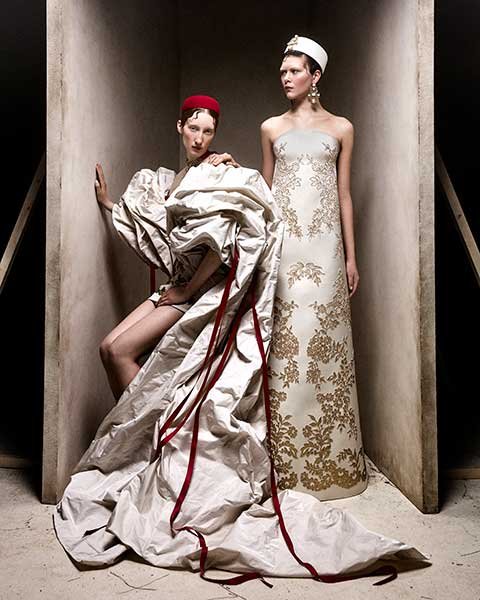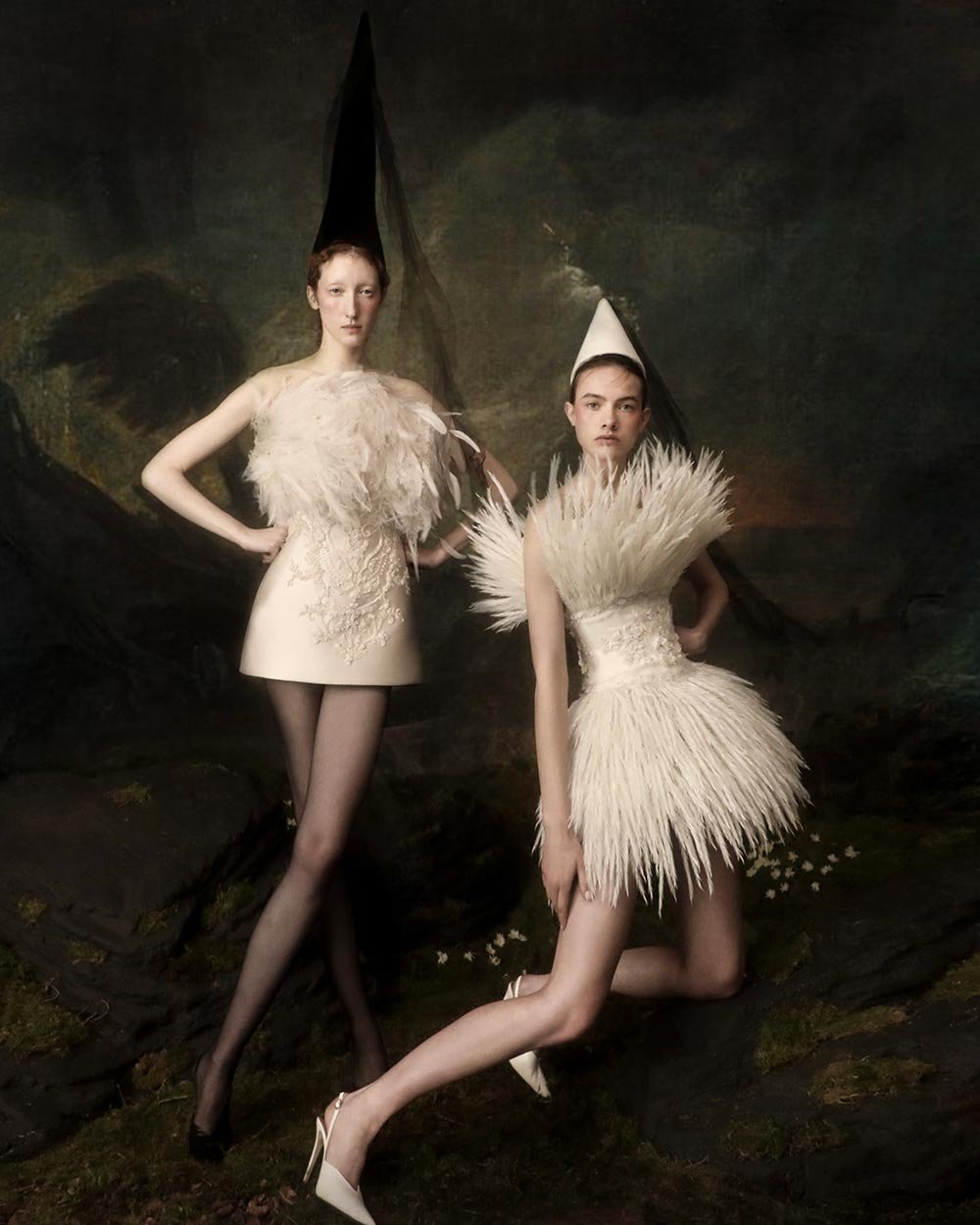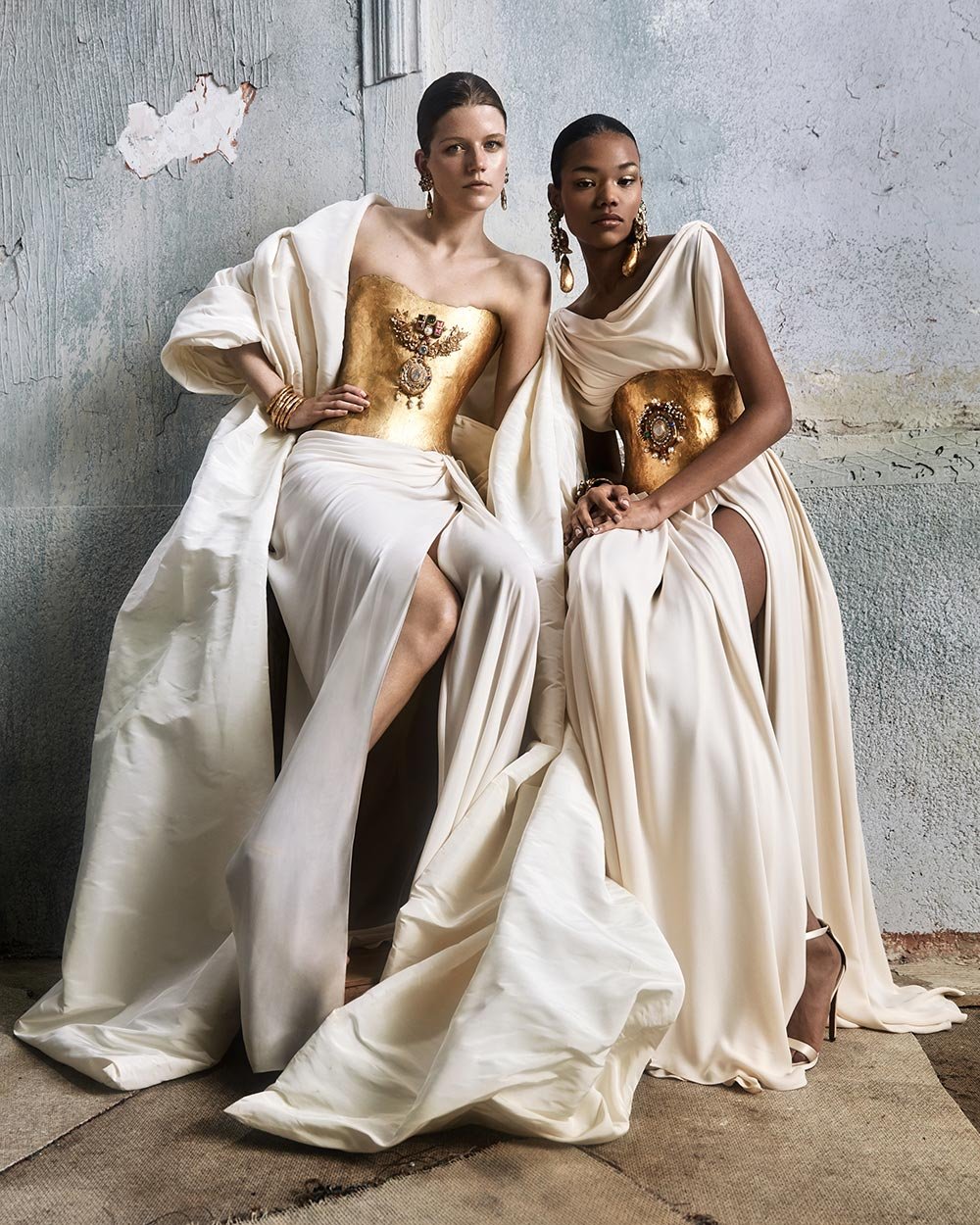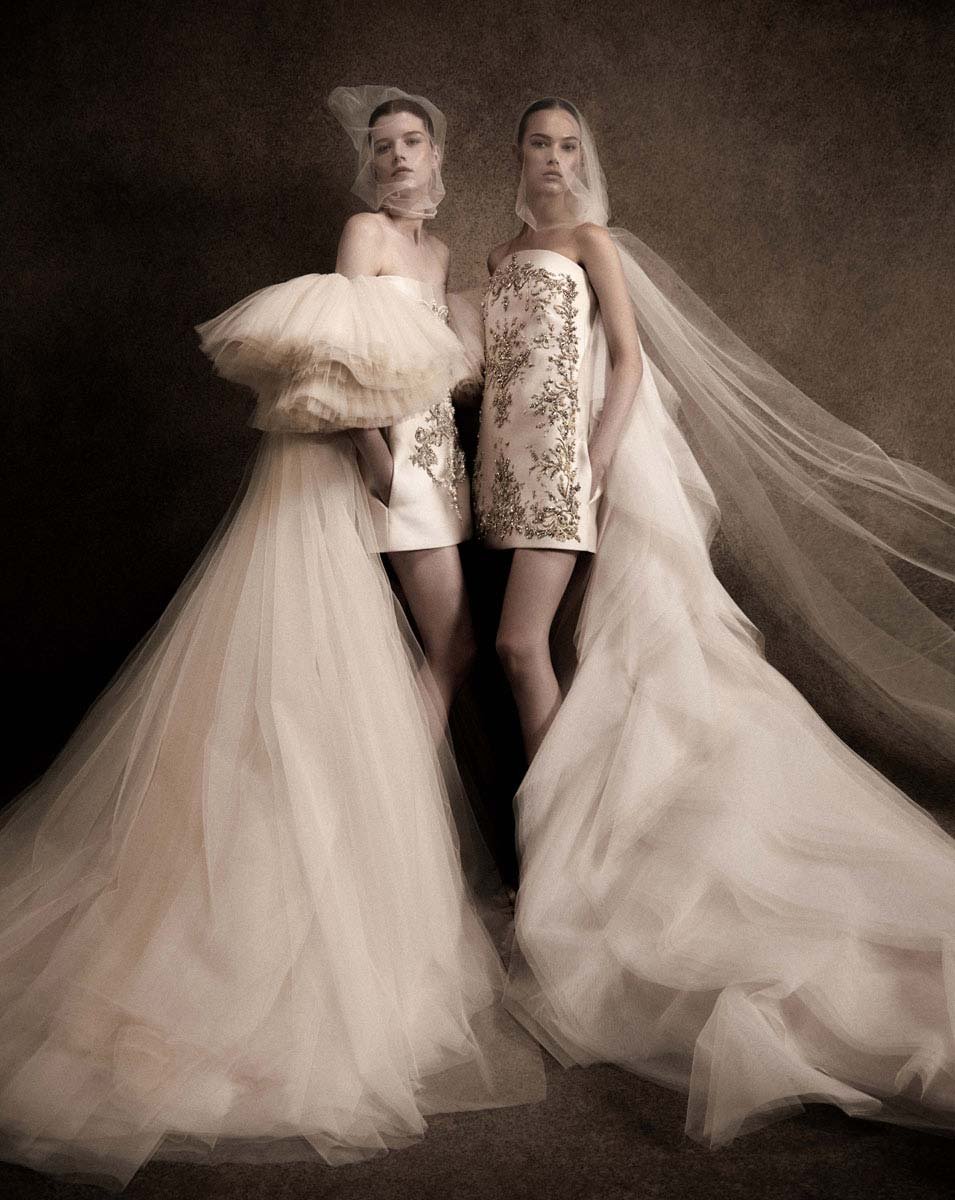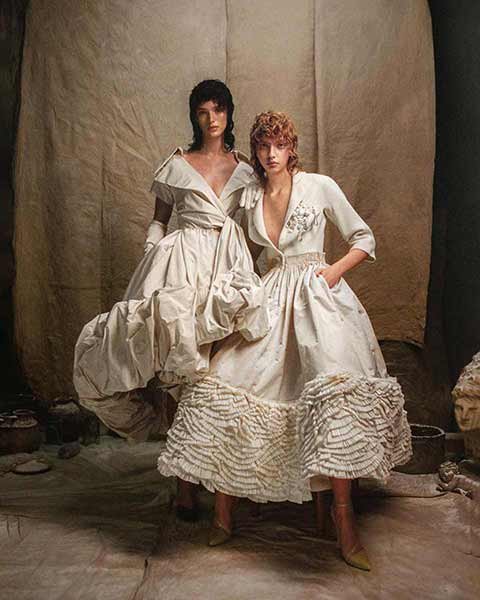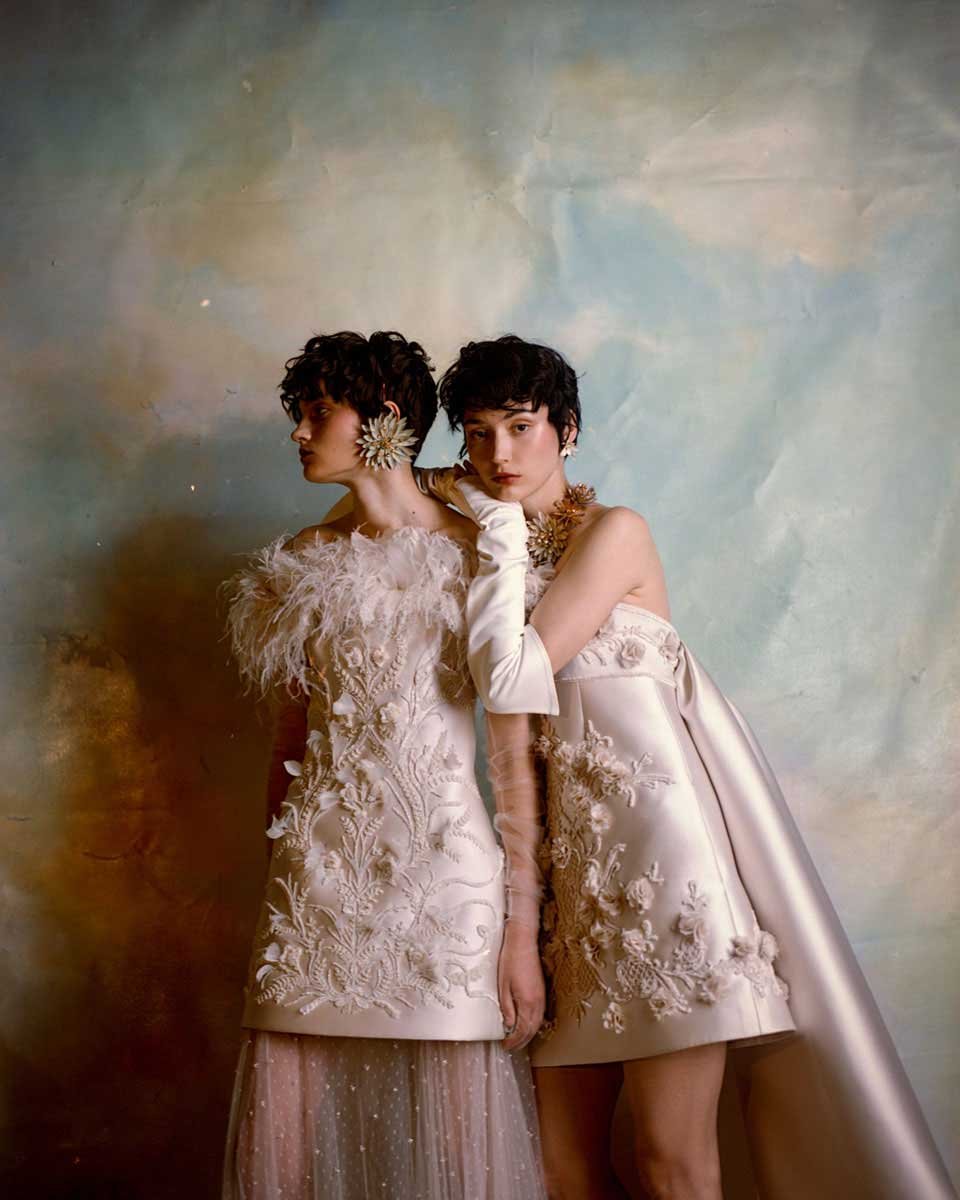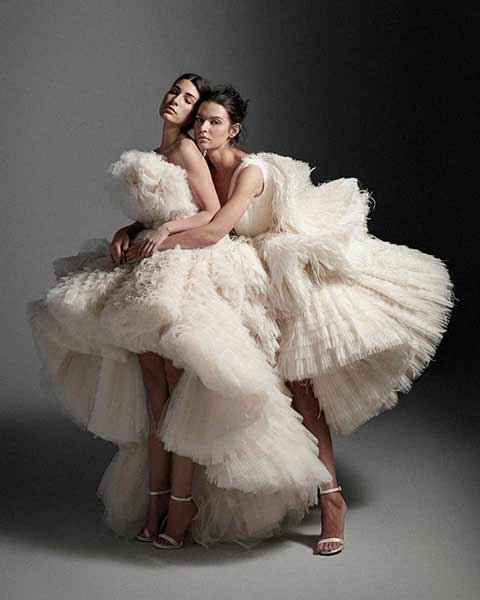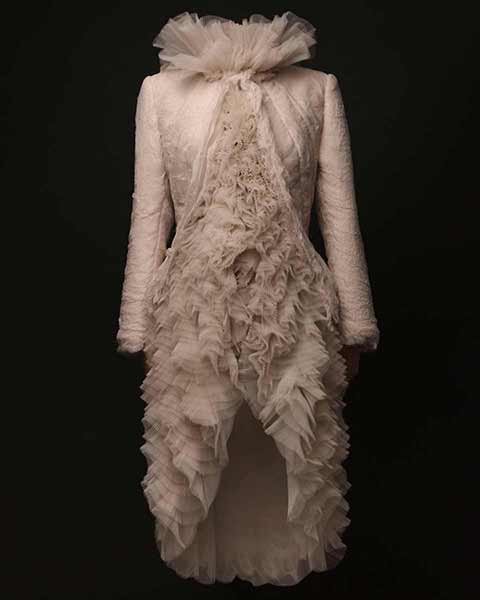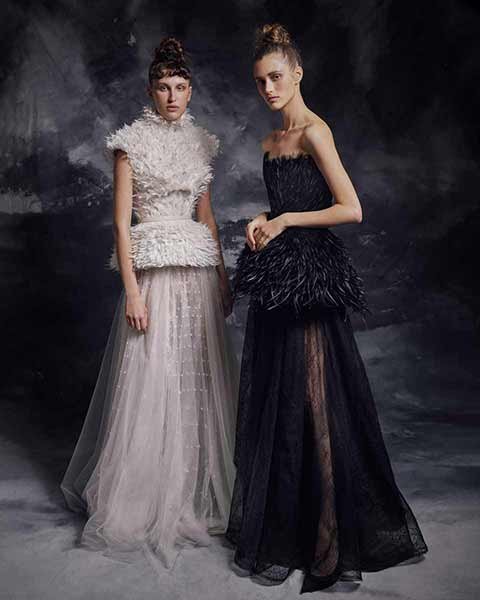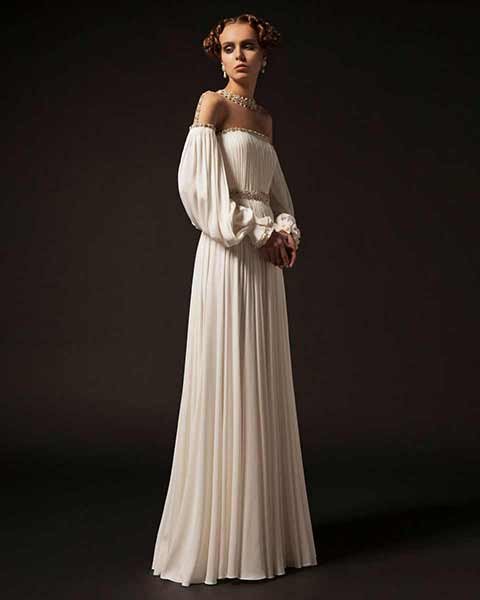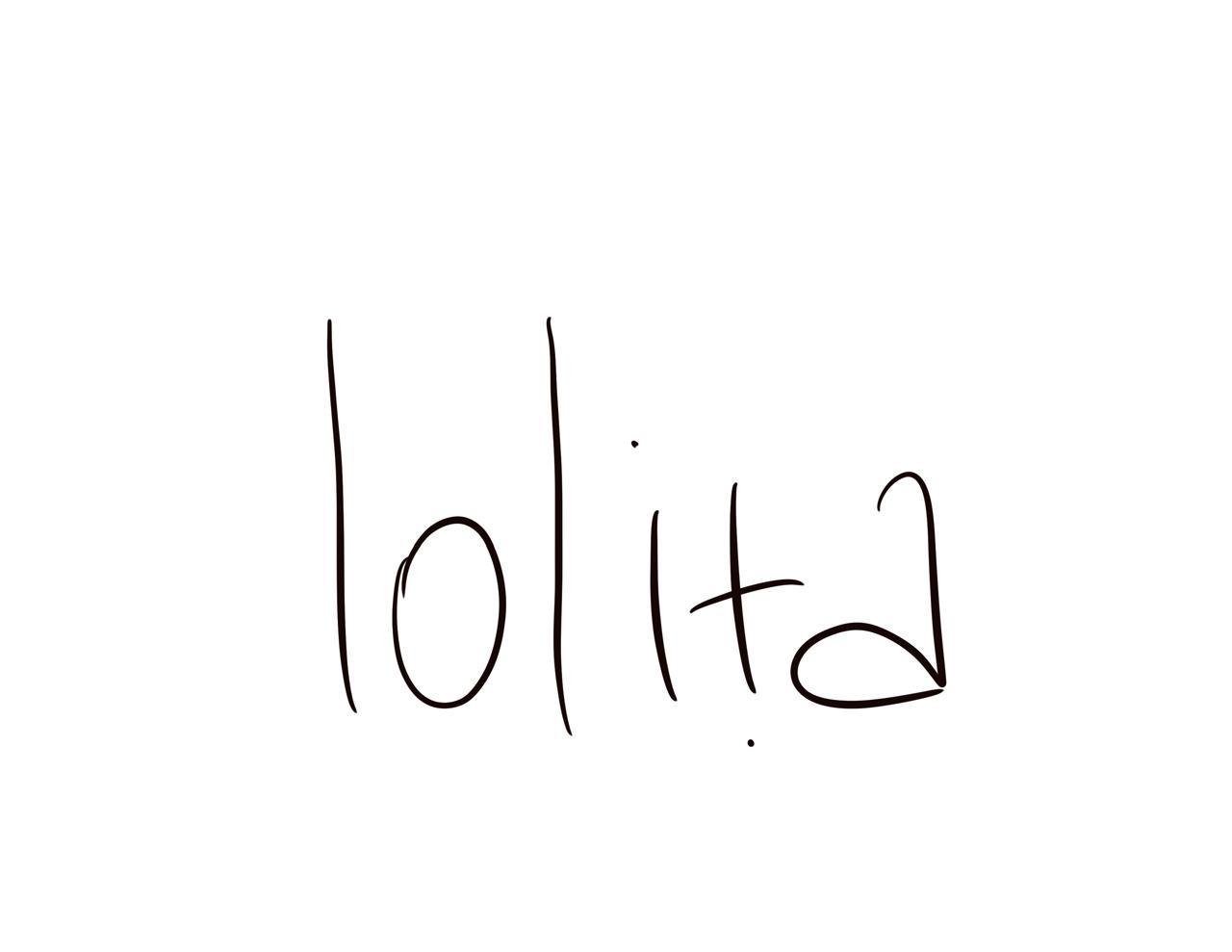About Us
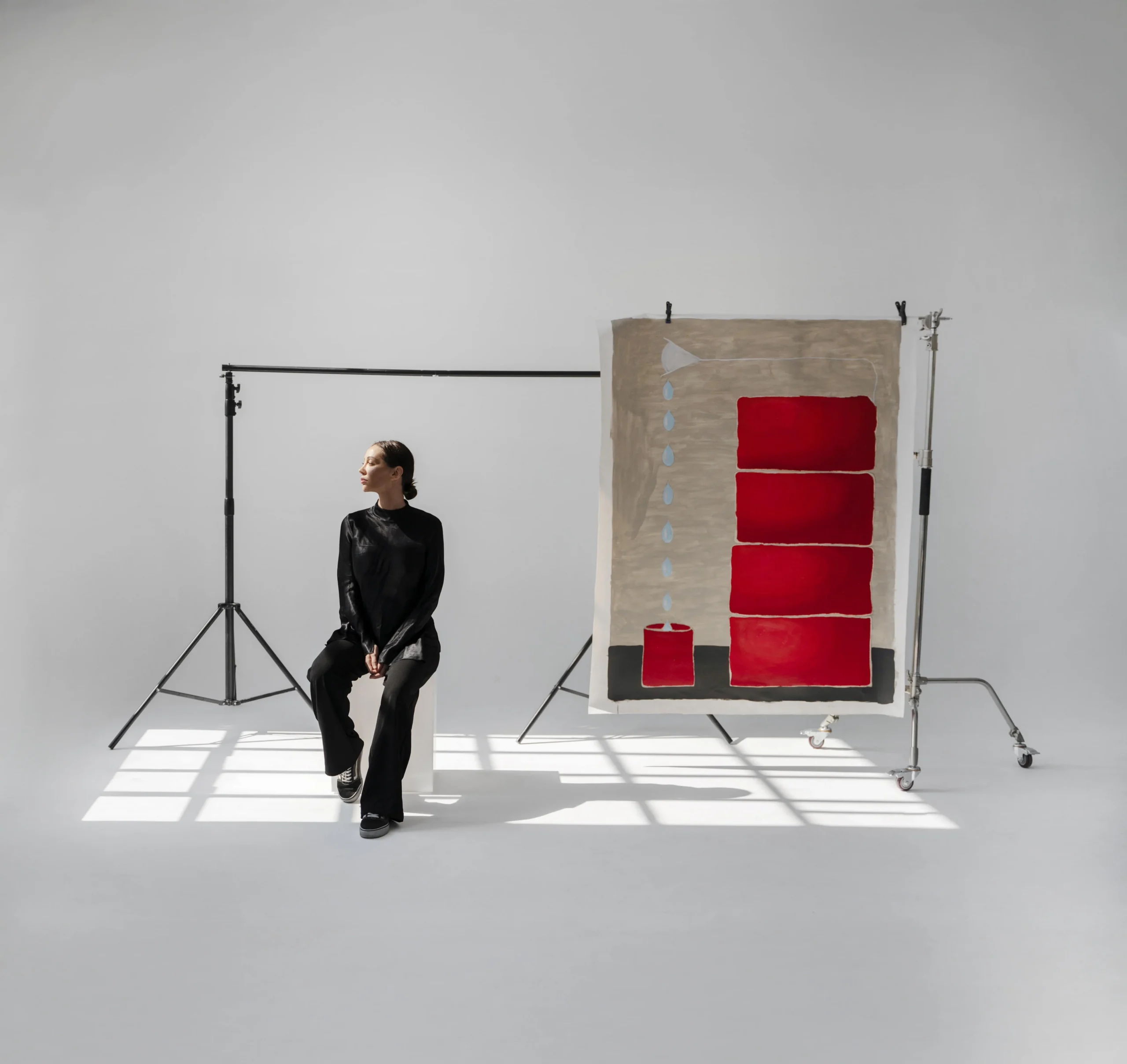
BIOGRAPHY
Lolita is a Georgian contemporary artist living and working in Tbilisi. Her practice centers on inner fragmentation, unresolved memory, and the emotional residue left by personal and collective experience.
“My job is to create, yours to interpret,” she says, a phrase that reflects the openness and rawness of her work. Rather than offering fixed meanings, her figures, often faceless, grieving, or distorted invite viewers to project their own truths onto them. Her canvases become mirrors: intimate, unfiltered, and often uncomfortable.
Working primarily in mixed media, oil pastel, and acrylic, Lolita creates symbolic and text-driven pieces that echo themes of death, identity, psychological dissonance, and emotional repetition. Her recurring visual motifs gravestones, dripping eyes, raw text, function like contemporary icons: sacred, brutal, and deeply personal.
Much of her work grapples with internal dialogue, especially as it relates to gender, vulnerability, and existential ambiguity. She draws influence from outsider art, post-Soviet emotional restraint, and spiritual surrealism. Her Contemporary Icons series, begun in 2022, is a haunting investigation into the modern soul, layered, exposed, and yet unfinished.
Lolita has exhibited internationally in Tbilisi, Venice, Rome, London, and Dubai, with group shows such as Raskat Movement (2022), Venice Contemporary (2023), Rome Contemporary (2023), Its Liquid Art Fair in London (2023), and Oblong Contemporary Art Gallery in Dubai (2025). Her work is held in private collections in Berlin, Cologne, Düsseldorf, London, Tel Aviv, and her native Tbilisi.
She is represented by Bruno Massa Gallery (Paris, Tbilisi, Seoul) and Oblong Contemporary Art Gallery in Dubai. In 2023, she was featured in Artleove Magazine (Issue 01/23) in the article “In Control of the Chaos: A Sit-Down with Lolita Papava”, which examined her unapologetic approach to autobiographical art.
Lolita holds a Bachelor’s in Art Law from the University of Georgia (Tbilisi), and studied under Kazakh master Bakhyt Bapishev between 2014–2018 in Paris and Tokyo. Her unconventional path also includes poetic writing, and she often integrates written language directly into her visual works — not as caption, but as emotional architecture.
Her art does not ask for understanding — only presence. Each work stands as an artifact of emotional truth, a place where silence, symbolism, and vulnerability converge.
